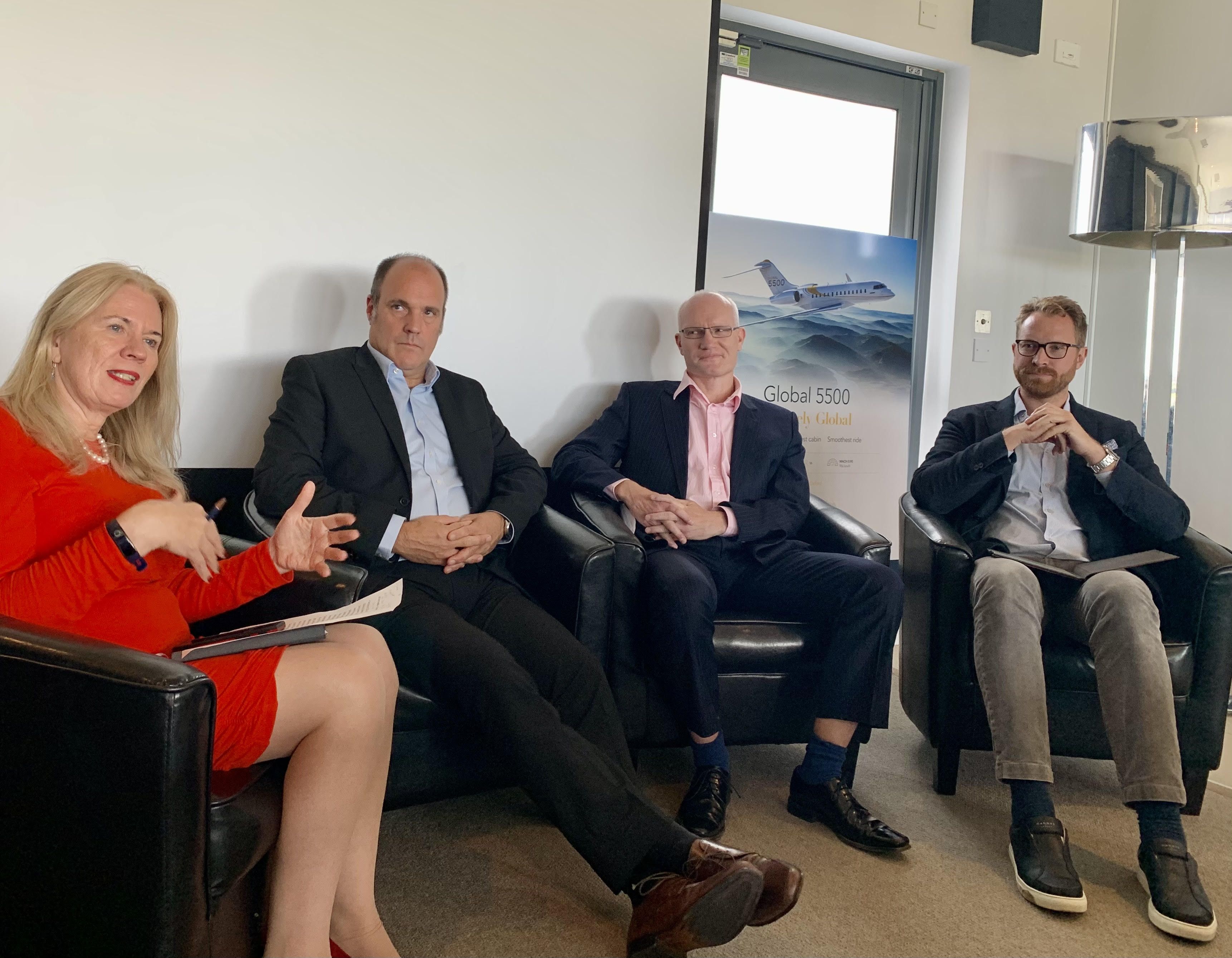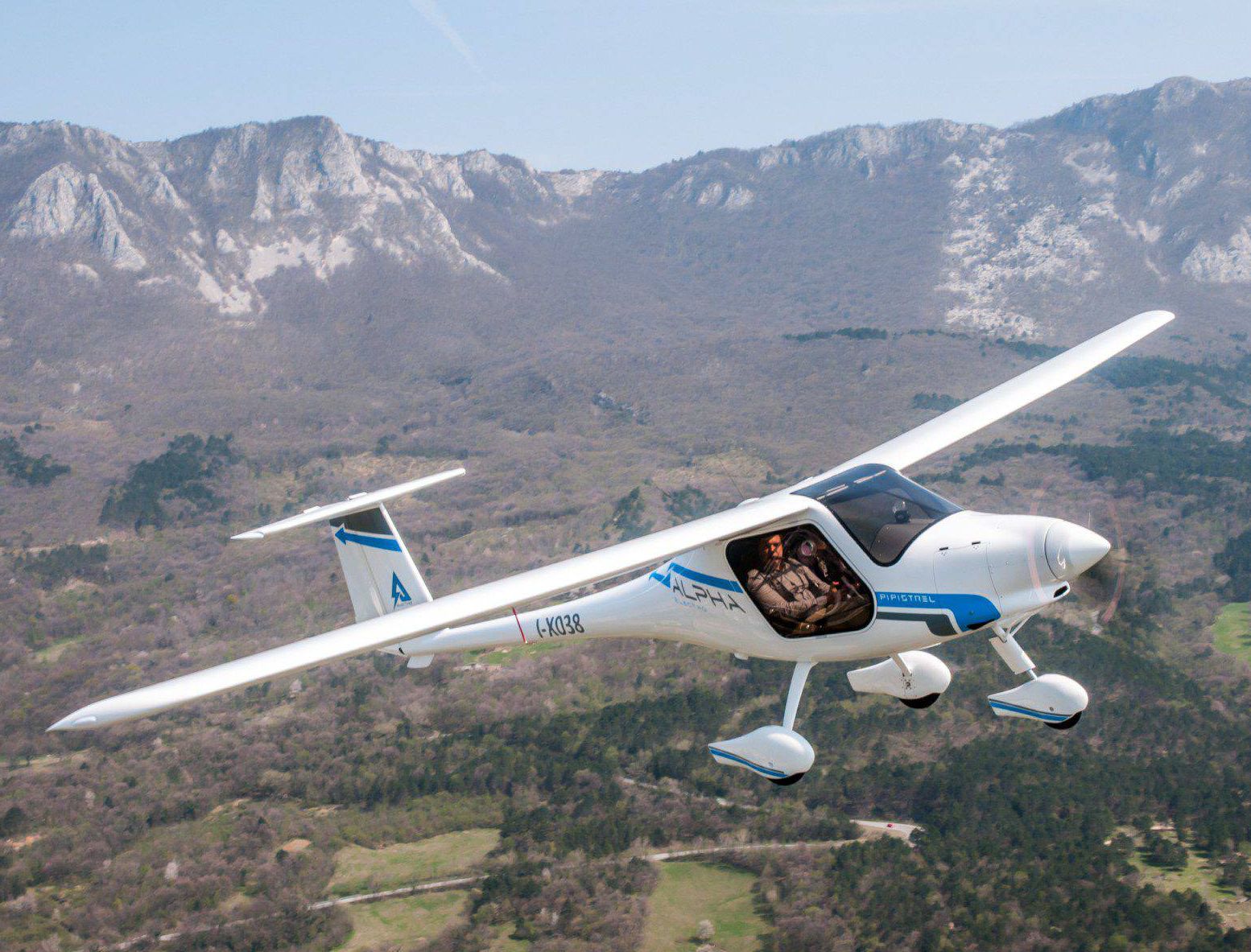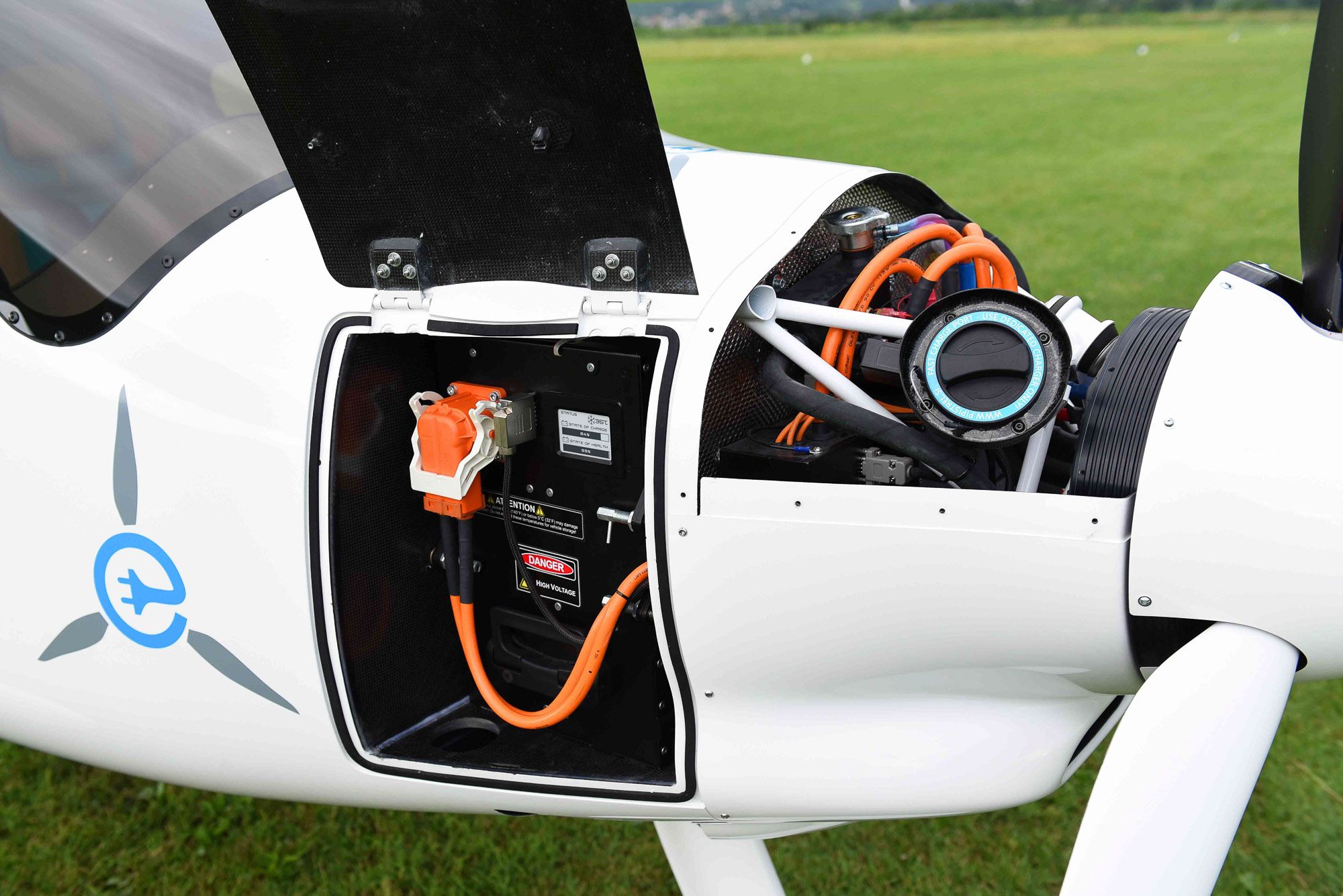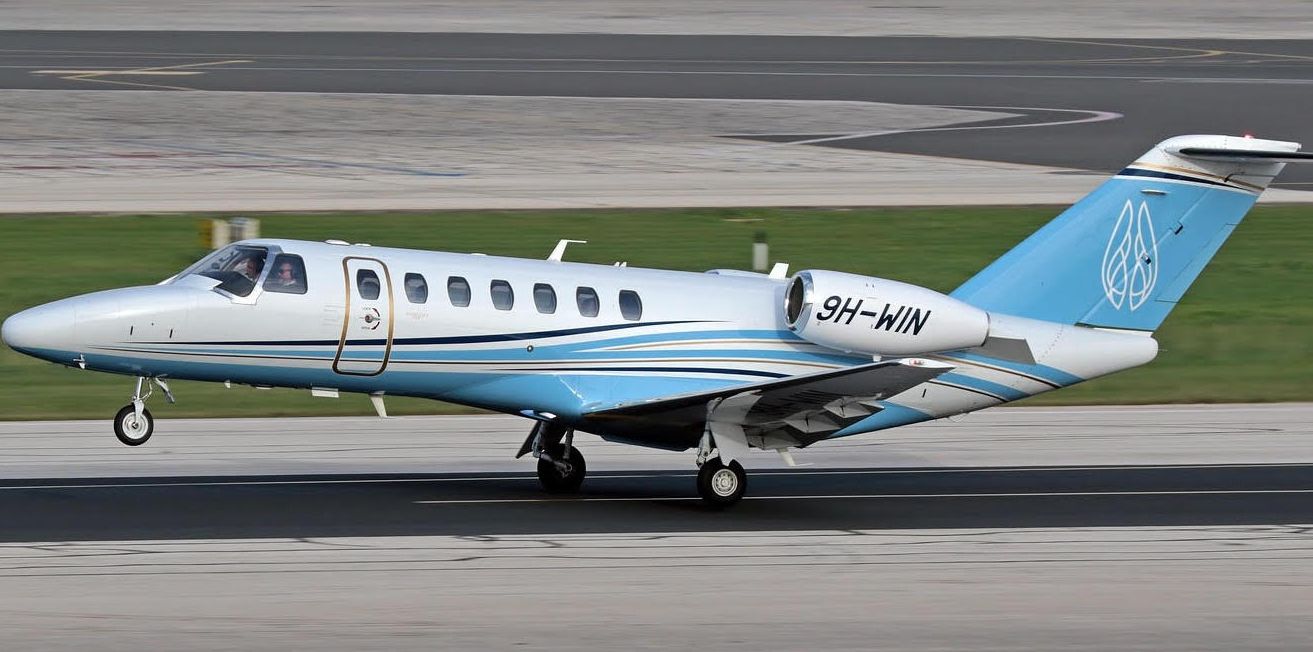25 OCTOBER 2021
YOUR WORDS
Readers are invited to add their comments to any story. Click on the article to see and add.
BTN DISTRIBUTION
BTN also goes out by email every Sunday night at midnight (UK time). To view this edition click here.
The Business Travel News
PO Box 758
Edgware HA8 4QF
United Kingdom
info@btnews.co.uk
© 2022 Business Travel News Ltd.
Article from BTNews 25 OCTOBER 2021
ON TOUR: Biz jet get together
Just as 9/11 triggered a rush to private jet charter, so too has the pandemic. NetJets has temporarily halted jet card sales because of unprecedented demand, while brokers are experiencing a shortage of aircraft for charter, partly because owners who offer them up through independent operators are flying more hours themselves.  Against this backdrop the British Business and General Aviation Association (BBGA) has hosted its first ‘physical’ networking event since March 2020 at Oxford Airport writes Alison Chambers and Chloe Greenbank.
Against this backdrop the British Business and General Aviation Association (BBGA) has hosted its first ‘physical’ networking event since March 2020 at Oxford Airport writes Alison Chambers and Chloe Greenbank.
Head of Business Development James Dillon-Godfray highlighted a ‘mad summer’ –its busiest August in 15 years, with 7,180 movements. (Also see in this week’s BTN Oxford Airport tops the charts)
Exceeding pre-pandemic traffic levels, it’s experiencing 30% more movements than in 2019 and has climbed above London centric peer airports to retain its ranking as fifth busiest UK business aviation airport. With its GA flying too, it is 10th busiest UK airport.
Summer movements were bolstered by group charters, operated in safe ‘bubbles’, supported by pre-arranged, on site Covid-19 testing. “We realised we’re part of Europe again,” James quipped, with passengers coming through its OxfordJet FBO on regional jets for the Moto GP Italy and F1 Grand Prix.
This month it formally opens a new 63,000sq ft hangar, capable of accommodating six largest Bombardier, Gulfstream or Dassault Falcon jet models, simultaneously.
With four Pipistrel electric aircraft arriving in 12 months, the airport is eyeing infrastructure requirements for next-generation hybrid-electric and eVTOL aircraft, including how to generate its own renewable power with a bio power plant and large battery storage solutions. UK business aviation has, however, been battered by licensing, cabotage and permits, aircraft spares delivery times and loss of access to the pan-European Satellite Navigation System (EGNOS), prompting BBGA’s CEO Marc Bailey to comment “we aren’t out of the woods yet.”
UK business aviation has, however, been battered by licensing, cabotage and permits, aircraft spares delivery times and loss of access to the pan-European Satellite Navigation System (EGNOS), prompting BBGA’s CEO Marc Bailey to comment “we aren’t out of the woods yet.”
He praised the UK Department for Transport (DfT), however, which, in an especially tough year, has taken a medium-term approach tackling the pandemic. It provided great support with the new EU permit system, which required a lot of effort and planning for operator members especially. “One of the biggest challenges has been the different interpretations and understanding of how cabotage and other higher freedom restrictions apply, as they vary from country to country,” said BBGA Deputy Chair and CEO of SaxonAir Alex Durand.
BBGA has stepped up working with industry players, associations and government bodies “to ensure markets are kept open for us.” One of the positives to come out of the pandemic, has been our ability to liaise directly with the DfT. DfT’s Dave Harding also publicly thanked BBGA’s Directorate for airing and sharing issues so efficiently and speedily.  Loss of unfettered access to the EU market is further aggravated by the surprise cessation of the UK’s participation in EGNOS – a double blow for UK airspace users. BBGA is optimistic for a solution soon – “because as air traffic returns and flying activity increases, there will be pressure on existing airfields. We need to research the network of airfields needed so we can plan airline schedules in advance as part of the UK’s future aviation strategy,” Marc said.
Loss of unfettered access to the EU market is further aggravated by the surprise cessation of the UK’s participation in EGNOS – a double blow for UK airspace users. BBGA is optimistic for a solution soon – “because as air traffic returns and flying activity increases, there will be pressure on existing airfields. We need to research the network of airfields needed so we can plan airline schedules in advance as part of the UK’s future aviation strategy,” Marc said.
Aoife O’Sullivan, BBGA Chair and Partner, The Air Law Firm, highlighted sales of older business jets are up, with many new owners entering the market. Getting these aircraft registered, however, is much more complex, post Brexit. Being high-value assets, operators are inclined to shift them to the most beneficial jurisdiction, she explained. Here, Malta, Ireland and Luxembourg are ahead of the UK for registrations, “where it’s easier to obtain an AOC quickly and efficiently.” We’re working with the DfT and Treasury to guide government on what needs to be done to rectify this, to make the G-register more attractive. UK-based maintenance organisations are well placed to do more aircraft acceptances, she added, praising investment in hangarage and infrastructure that several UK airports are doing.
“A UK-owned business jet can sit on the Maltese register in a way that commercial passenger airlines like British Airways simply can’t.” Some BBGA members (Air Charter Scotland, Luxaviation, FlexJet) have put jets on the Maltese register to make it easier to operate EU charters.
Aoife suggested the CAA consider a dedicated business aviation division, to better tackle post-Brexit challenges and continue to bolster the UK’s business aviation sector, with bizav so different from GA. Gearup Media’s Liz Moscrop chaired a lively panel discussion with Alex Durand; Sandy Boyer, Executive Aviation Sales Manager of charter brokerage Hunt & Palmer Plc and Jonathan Clough, UK Director, Jetfly. Alluding to government strategies now in place for alternative carbon emissions resources, Alex highlighted the green revolution is already here with SAF and electric/H/E models. Sandy Boyer explained his company offers a carbon offsetting programme and several Institutions are requesting reports on CO2 footprint. Current issues prohibiting the wider adoption of SAF, increasingly available at several business aviation FBOs now are access/availability/cost.
Gearup Media’s Liz Moscrop chaired a lively panel discussion with Alex Durand; Sandy Boyer, Executive Aviation Sales Manager of charter brokerage Hunt & Palmer Plc and Jonathan Clough, UK Director, Jetfly. Alluding to government strategies now in place for alternative carbon emissions resources, Alex highlighted the green revolution is already here with SAF and electric/H/E models. Sandy Boyer explained his company offers a carbon offsetting programme and several Institutions are requesting reports on CO2 footprint. Current issues prohibiting the wider adoption of SAF, increasingly available at several business aviation FBOs now are access/availability/cost.
Jetfly, fractional ownership specialists in Europe, with 50 Pilatus PC-12s and PC-24s operating privately and on fractional contracts, established a carbon offsetting scheme two years ago. Clients pay an additional €15 per hour to offset the carbon from their flight. Ed Griffith, Director of Oxford based JMI-Jet Maintenance International, said Brexit cost his company €33,000. A total of 215 companies complied, meaning “we are, collectively, paying the EU more than €7m annually – just to maintain EASA [European Union Aviation Safety Agency] aircraft.” We have a French engineer and can’t get the French DGAC to give him his release papers. JMI would like IATA to step in and get a bilateral agreement agreed. “We’re all aligned with service standards, but it seems MRO bilaterals are years away.”
Dave Alexander, COO of commercial flight training academy Leading Edge Aviation Ltd (LEAL), concurs that getting out of Brexit and EASA has heaped on extra admin burden. LEAL must now deal with two regulators – UK CAA and EASA - doubling the cost and amount of auditing/certification events.
Dual-licensed instructors now have to pay for both UK CAA and EASA licences and ratings. They also have to advise students whether to progress with an EASA licence, so they can fly with the likes of Wizz Air or Ryanair; even easyJet, which has an Austrian AOC. Alternatively, they can opt solely for a UK CAA licence – for future work with British Airways, Virgin, or the new (Birmingham-based) Flybe 2.0. This means two sets of medicals; two sets of exams and, potentially, two IRTs to achieve a dual licence. For LEAL’s 153 students set on a commercial flying career – that’s an extra £5,000-plus.
BBGA’s 2022 annual conference returns to Luton Hoo, Luton, on 10 March 2022.

www.bbga.aero
www.emeraldmedia.co.uk
OUR READERS' FINEST WORDS (All times and dates are GMT)
All comments are filtered to exclude any excesses but the Editor does not have to agree with what is being said. 100 words maximum
